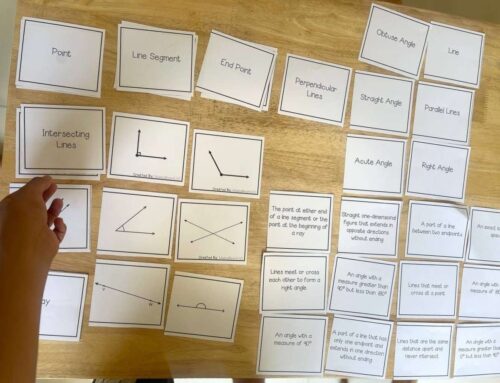Special education is a broad term encompassing a variety of educational approaches designed to cater to the individual needs of students with disabilities. It’s not a one-size-fits-all solution, but rather a spectrum of services that aim to bridge the gap between a student’s capabilities and the demands of the general curriculum.
Who Qualifies for Special Education?
Eligibility for special education services is determined through a formal evaluation process typically conducted by a team of specialists that may include teachers, psychologists, and social workers. Students who qualify for special education typically have identified disabilities impacting their ability to learn and benefit from classroom instruction. These disabilities can be broadly categorized as:
- Learning Disabilities: These include dyslexia, dysgraphia, and dyscalculia, which affect specific areas of learning, such as reading, writing, or math.
- Developmental Delays: Students with developmental delays may experience slower development in communication, social, or cognitive skills compared to their peers.
- Attention Deficit Hyperactivity Disorder (ADHD): Students with ADHD may exhibit difficulties with focus, attention, and hyperactivity.
- Autism Spectrum Disorder (ASD): Individuals with ASD may have challenges with social interaction, communication, and repetitive behaviors.
- Speech or Language Impairments: These may involve difficulties with speech production, understanding language, or both.
- Hearing or Visual Impairments: Students with hearing or visual impairments may require specialized instruction and assistive technologies for effective learning.
- Emotional or Behavioral Disorders (EBD): Students with EBD may experience significant difficulties with emotional regulation or behavior that impacts their learning environment.
- Physical Disabilities: Students with physical disabilities may require accommodations or modifications to the physical environment or learning materials to ensure access and participation.
What Does Special Education Look Like?
Special education services can be delivered in various ways, depending on the specific needs of the student. Here are some common approaches:
- Individualized Education Program (IEP): An IEP is a legal document that outlines a student’s specific needs, goals, and the services they will receive to achieve them. It’s a collaborative effort between parents, teachers, and specialists, and is reviewed and updated regularly.
- Resource Room Support: Students may receive specialized instruction in a resource room for part of the day, while spending the rest of the time in a general education classroom.
- Inclusion: The concept of least restrictive environment (LRE) emphasizes educating students with disabilities alongside their peers in general education classrooms with the necessary support. This may involve modifications to curriculum, materials, or teaching methods.
- Specialized Classrooms: In some cases, students may benefit from spending a majority of their time in a specialized classroom with a teacher trained to address their specific needs.
The Importance of Special Education
Special education plays a crucial role in ensuring all students have an equal opportunity to succeed in school. By providing targeted support and accommodations, special education empowers students with disabilities to:
- Develop Academic Skills: Special education services can help students with disabilities master grade-level content and reach their full academic potential.
- Social and Emotional Growth: Special education programs can provide crucial support for social interaction, emotional regulation, and self-advocacy skills.
- Increased Independence: Special education services can equip students with the tools and strategies they need to become more independent learners and navigate the educational environment with greater confidence.
Conclusion
Special education is a valuable resource for students with disabilities, offering a pathway to academic achievement, social-emotional growth, and a fulfilling educational experience.




Leave A Comment